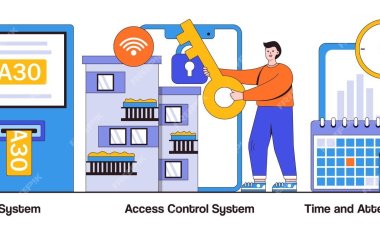Kapil Sibal to appear for Ghulam Nabi Azad's party in Article 370 hearings
The Supreme Court will commence day-to-day hearing from August 2 on a batch of petitions challenging the abrogation of Article 370 that bestowed special status on the erstwhile state of Jammu and Kashmir.

The Democratic Progressive Azad Party (DPAP), which is led by Ghulam Nabi Azad, said on Wednesday that senior attorney Kapil Sibal will speak on the party's behalf during a hearing in the Supreme Court on a number of petitions contesting the repeal of Article 370.
From August 2, the Supreme Court will start holding daily hearings on a number of petitions contesting the repeal of Article 370, which granted the former state of Jammu and Kashmir unique status.
The July 27 deadline has been set by a five-judge Constitution bench, led by Chief Justice DY Chandrachud, for the submission of written arguments and convenience compilations from various parties.
Salman Nizami, the Democratic Progressive Azad Party's (DPAP) chief spokesperson, said, "We requested senior lawyer Kapil Sibal to appear for the hearings on Article 370 and he has graciously agreed."
After Article 370 was revoked, nothing changed. Congratulations to Ghulam Nabi Azad for his unwavering commitment to bringing up this crucial subject, he continued.
Jammu and Kashmir lost its unique status in 2019, and the region was divided into Union Territories. The highest court has received a number of petitions contesting the decision to repeal Article 370's provisions and the Jammu and Kashmir Reorganisation Act, 2019.
The DPAP also urged a decrease in power rates and expressed its displeasure with smart metre installation and power disruptions.
The poor must suffer the brunt of anti-people measures, according to the vice president of the party, GM Saroori.
Prices for basic goods are at an all-time high, and power prices are crushing the backs of the poor. We have a number of power plants in Jammu and Kashmir that can produce electricity for other regions of the nation. Even Ladakh has power projects. Jammu and Kashmir provides the nation with its energy needs, he said.
He said that due of these developments, consumers in Jammu and Kashmir would receive power at a lower cost than the rest of the nation.
According to Saroori, the monthly electric cost increased from Rs 1,000 to Rs 10,000.
Long-term, unplanned power outages that last between eight and ten hours a day are making life difficult for the populace.
He remarked, "We demand that smart metres not be put and that the tariff be decreased.













